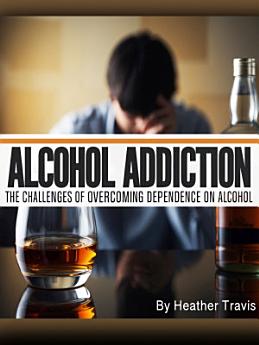Alcohol Addiction: The Challenges of Overcoming Dependence on Alcohol
About this ebook
The history of alcohol and human civilization is inextricably linked, stretching back over 9,000 years to the earliest agricultural societies. Archaeological evidence suggests that the cultivation of grains may have been motivated as much by the desire to produce fermented beverages as by the need for food. Ancient civilizations from Egypt to China developed sophisticated brewing and distilling techniques, and alcohol became integrated into religious ceremonies, social rituals, and daily life in ways that persist to this day.
The relationship between alcohol and culture evolved differently across societies, but common threads emerged that continue to influence contemporary attitudes toward drinking. Alcohol became associated with hospitality, celebration, relaxation, and social bonding. It was used as currency, medicine, and spiritual sacrament. These historical associations created deep psychological and cultural connections that make alcohol addiction particularly challenging to address, as the substance is not merely a drug but a symbol of belonging, adulthood, and social acceptance.








